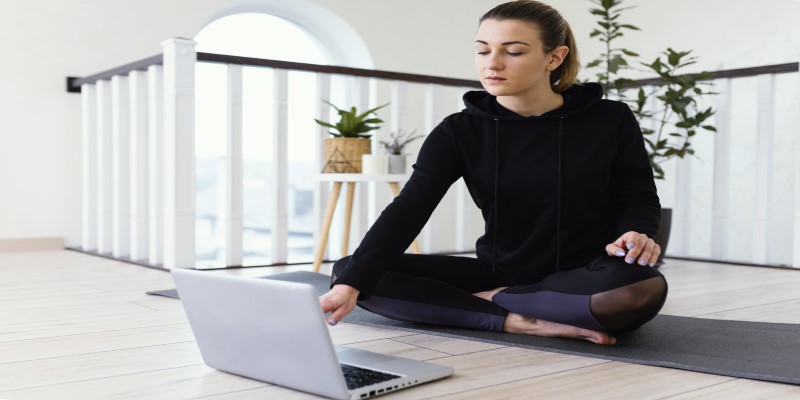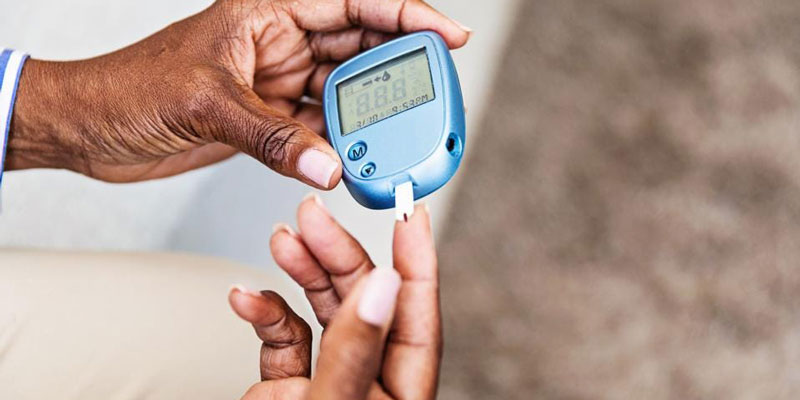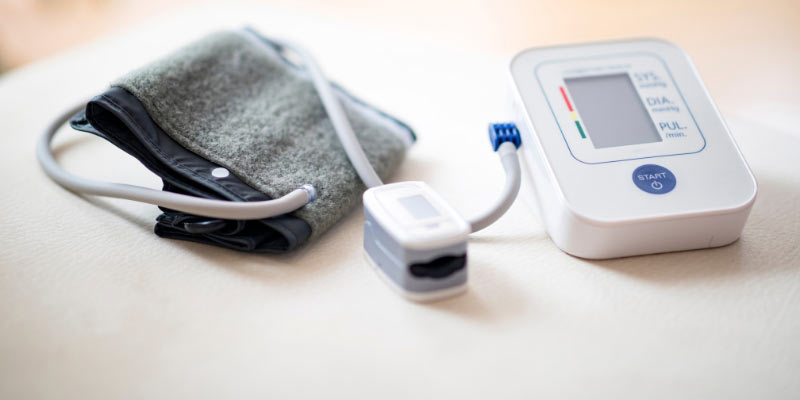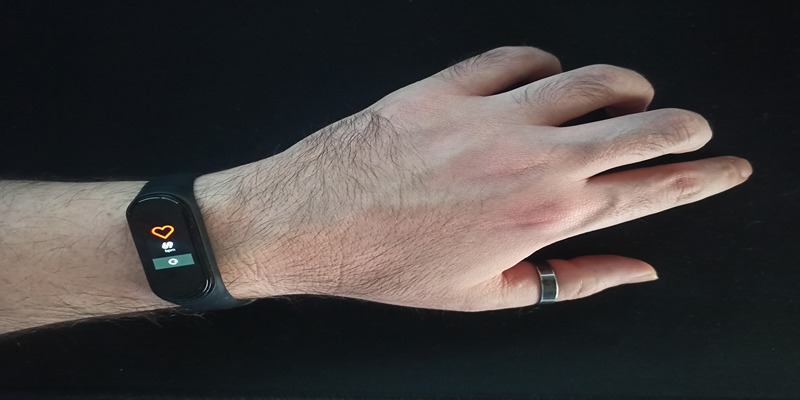Meditation has been a cornerstone of various cultures for thousands of years, but its relevance today extends beyond spiritual practice. In the modern world, where stress and anxiety are prevalent, meditation offers a scientifically validated method to improve mental health and overall well-being.
This guide aims to provide a comprehensive, science-based overview of meditation, focusing on its ability to reduce stress and enhance other aspects of life.
Understanding Meditation: The Basics
Meditation is a practice that involves focusing the mind and eliminating distractions to achieve a state of mental clarity and calm. Although it has many forms, the core principle remains the same: creating a state of awareness and presence. Research in recent years has shown that meditation can have profound effects on both mental and physical health. The practice typically involves sitting quietly, concentrating on a particular object or thought, and gently redirecting your attention whenever it wanders.
The Science Behind Meditation
Recent studies have shed light on how meditation affects the brain and body. Brain imaging research reveals that regular meditation can lead to significant changes in brain structure and function. For instance, it can increase the thickness of the prefrontal cortex, a region associated with higher-order thinking and decision-making. Moreover, meditation has been shown to reduce the size of the amygdala, which plays a role in processing stress and fear. These changes are linked to improved emotional regulation and reduced stress levels.
On a physiological level, meditation can lower levels of cortisol, a hormone associated with stress. It can also improve heart rate variability, which is an indicator of the bodys ability to manage stress. By calming the mind and body, meditation helps in countering the "fight or flight" response triggered by stress.
Types of Meditation and Their Benefits
There are various forms of meditation, each with unique techniques and benefits. Some of the most common types include:
Mindfulness Meditation: This involves paying attention to the present moment without judgment. Research indicates that mindfulness meditation can help reduce symptoms of anxiety and depression, improve concentration, and enhance overall emotional well-being.
Transcendental Meditation: This technique involves silently repeating a mantra to achieve a deep state of relaxation. Studies suggest that Transcendental Meditation can lower blood pressure and reduce stress.
Loving-kindness meditation: This practice focuses on developing compassion and love toward oneself and others. Evidence shows that it can increase positive emotions and improve interpersonal relationships.
Each type of meditation has been studied for its specific benefits, but all share the common goal of enhancing mental clarity and reducing stress.
How to Start Meditating: A Step-by-Step Guide
Starting meditation might seem intimidating at first, but its a simple practice that can be tailored to fit your preferences and schedule. Heres a step-by-step guide to help you begin:
Find a Quiet and Comfortable Space

Choose a location that is peaceful and free from distractions. This could be a quiet corner in your home, a park, or even a dedicated meditation room. It doesnt need to be perfectly silent, but make sure its a place where you can relax. You can meditate on the floor, on a cushion, or in a chairwhatever makes you feel most at ease.
Settle into a Comfortable Position
You dont need to adopt a specific posture to meditate. Sit in a way that feels natural for you. Many people find it helpful to sit with their back straight, either cross-legged on the floor or in a chair with their feet flat on the ground. You can also lie down if you prefer, but be mindful that you dont fall asleep.
Focus on Your Breath
One of the simplest meditation techniques is focusing on your breath. Close your eyes and bring your attention to your breathing. Notice the sensation of the air entering and leaving your nostrils, or feel your chest rise and fall. Dont try to control your breathing; just observe it naturally.
If you prefer, you can use a mantraa word or phrase repeated silently to help focus the mindor focus on an object, such as a candle or a soothing image.
Let Thoughts Come and Go
As you meditate, its normal for your mind to wander. Thoughts will arise, and thats okay. The key is not to engage with them. When you notice your mind drifting away from your breath or focus, gently guide it back. Dont judge yourself or your thoughtssimply acknowledge them and return to your focal point.
Start Small and Build Consistency
For beginners, short sessions of 5-10 minutes are ideal. As you become more comfortable, you can gradually increase the length of your sessions. Its more important to meditate consistently than to meditate for long periods right away. Establishing a routinesuch as meditating at the same time every daycan help make it a natural part of your lifestyle.
Use Guided Meditation (Optional)

If you find it challenging to meditate on your own, consider starting with guided meditations. Many apps and online platforms offer structured sessions that guide you through the process. This can be particularly helpful for beginners who are unsure of how to focus or what to expect during meditation.
Be Patient with the Process
Meditation is not about achieving instant results. Like any skill, it takes time and practice. Dont be discouraged if you find it difficult at first or if your mind feels particularly restless. Over time, youll likely notice improvements in your ability to focus and a gradual reduction in stress levels.
Conclusion
Meditation is more than a mere relaxation technique; its a scientifically backed practice that offers a range of benefits for both mind and body. By understanding its principles and integrating it into your daily life, you can harness its power to reduce stress, improve mental clarity, and enhance overall well-being.
As you enfold on your meditation journey, remember that consistency and patience are crucial. With time, youll likely find that meditation becomes a valuable tool for navigating the complexities of modern life.







